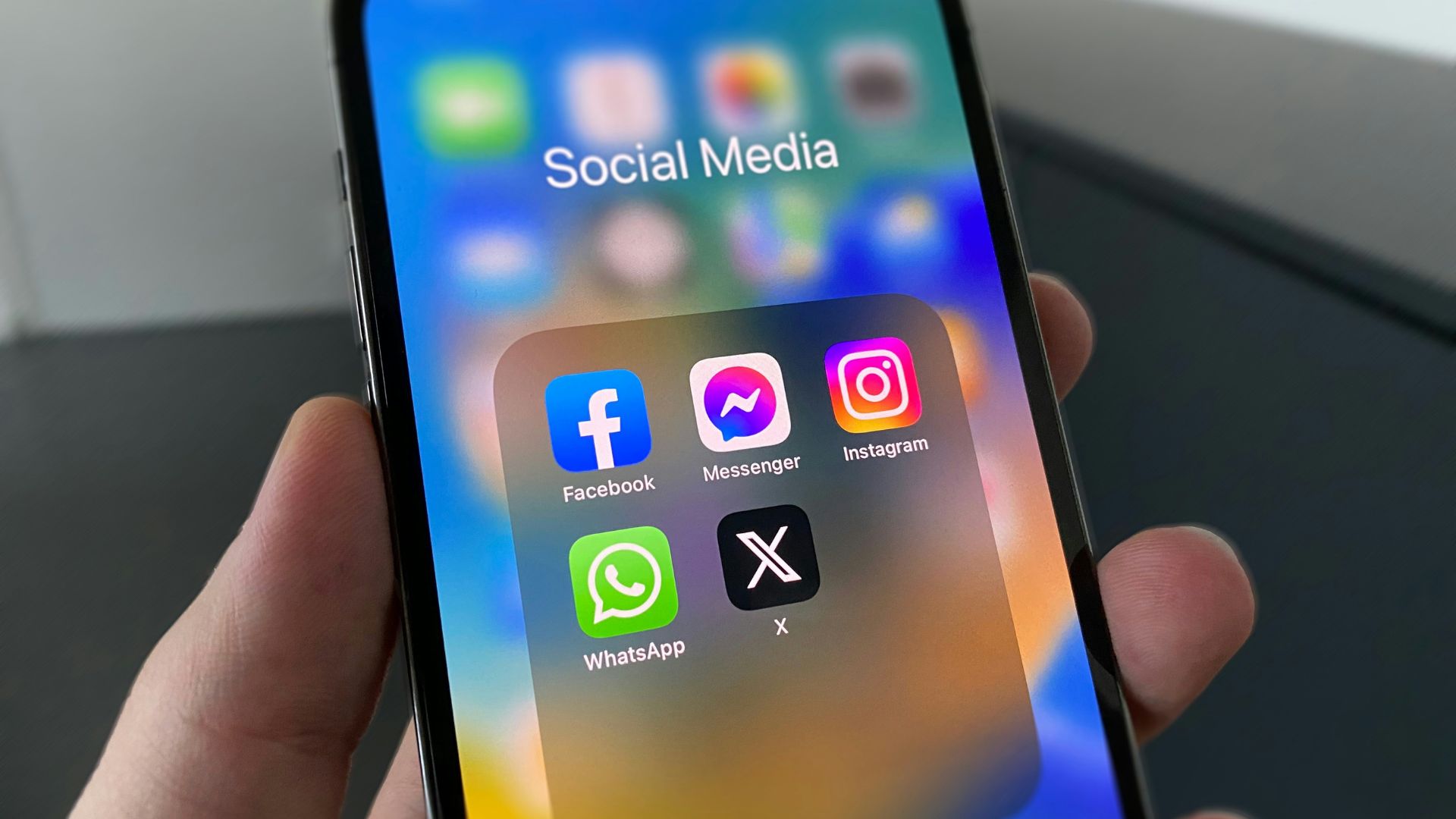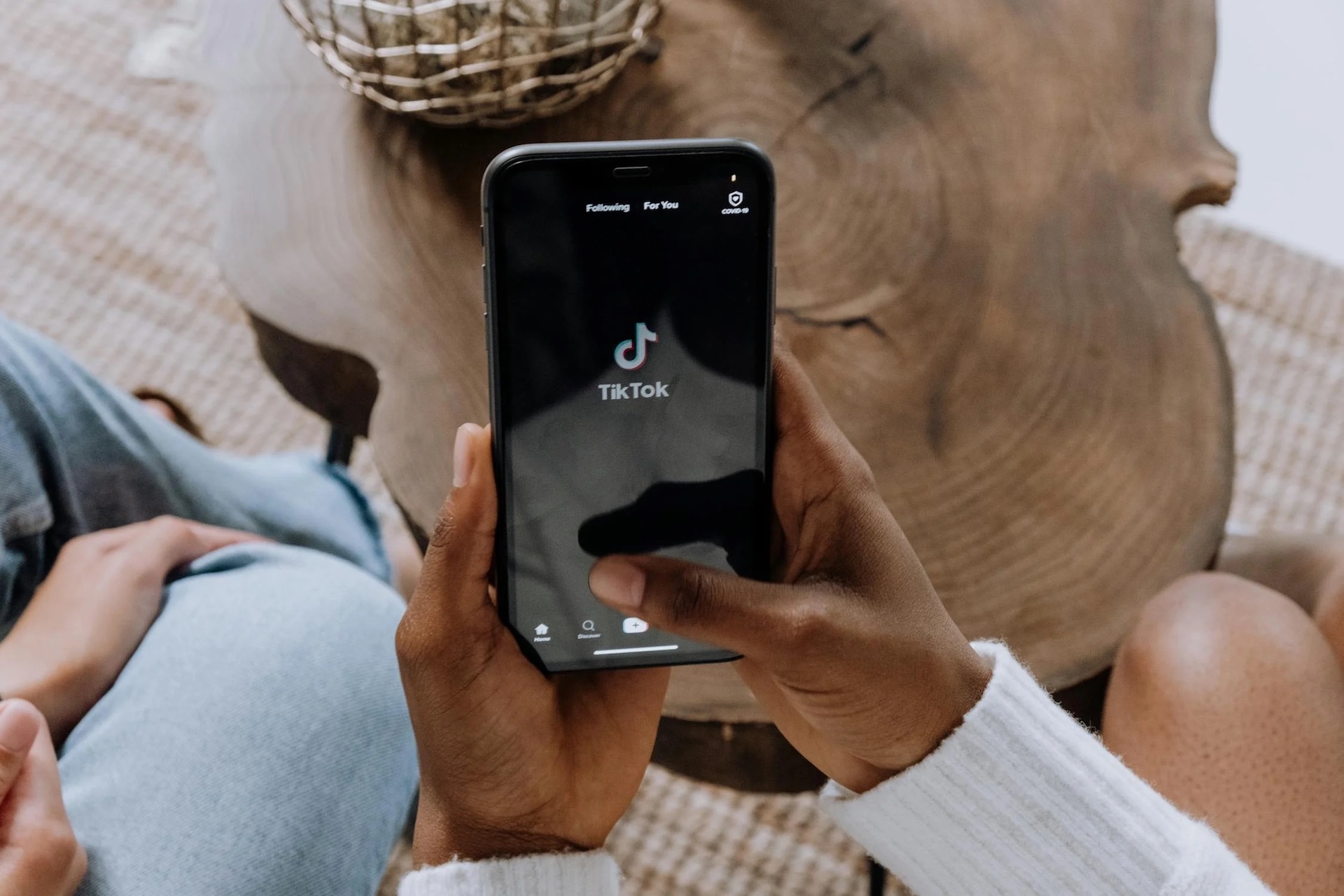The “soft life” resonates with Millennials. It offers a new definition of success that prioritizes health, well-being, and genuine happiness over material wealth and career achievements. This philosophy isn’t about shunning ambition but redefining it, focusing on a life filled with simplicity, intentionality, and joy.
For a generation caught in economic turmoil and the demands of a digital age, the soft life promises a path to a more fulfilling and balanced existence.
The Realization Moment for Many

Rose Gardner’s journey is a powerful illustration of the disconnect many feel with traditional markers of success. Despite achieving academic excellence and climbing the corporate ladder, Gardner found herself unfulfilled.
Her decision to embrace a simpler life, focusing on creativity and family, marks a significant shift toward finding joy in the everyday. “I get a lot more pleasure out of the small things,” Gardner shared with The Guardian, highlighting the essence of the soft life.
The Economic Backdrop

According to CBS News, Millennials are navigating the third recession of their lifetimes, facing a relentless cost-of-living crisis. This economic instability has sparked a profound questioning of the value of hard work when the promise of progress and fulfillment seems increasingly out of reach.
The “soft life” emerges as an appealing alternative, challenging the grind culture and offering a more sustainable approach to living.
Redefining Work

Gabrielle Judge’s story embodies the shift toward seeking balance and fulfillment outside the high-stress environment of traditional jobs. After experiencing burnout in the tech industry, Judge embraced a lower-stress, “lazy girl job,” finding a deeper sense of satisfaction.
“It was the biggest breakthrough on a spiritual level,” she told The Guardian, underscoring the importance of reevaluating what makes work meaningful.
Abadesi Osunsade’s ‘Soft’ Revolution

As the CEO of Hustle Crew and a proponent of the soft life, Abadesi Osunsade is living proof that success and well-being can coexist.
Her commitment to diversity and inclusion, coupled with a focus on personal health and relationships, showcases a holistic approach to life and work. Osunsade’s journey emphasizes the need for boundaries and self-care, even in leadership roles.
The Mental Health Connection

The soft life philosophy is deeply linked to improving mental health (via Ms. Magazine). Millennials like Gardner seek out simplicity and connection with nature to counteract burnout and find inner peace.
This movement away from a culture of constant productivity toward one that values personal well-being is a testament to changing attitudes toward work-life balance.
A Digital Community of Support

Online platforms have become vital for those pursuing the soft life, creating spaces for sharing experiences and finding community.
Influencers, with followers in the hundreds of thousands, offer insights and encouragement, fostering a sense of belonging among those looking to escape the pressures of traditional success paths.
A Historical Perspective on Work

Osunsade points to historical and cultural prejudices that have long equated worth with productivity. The soft life movement challenges these narratives, advocating for a life that values individuals beyond their output.
“For Black people, our value was as forced laborers,” Osunsade told The Guardian, highlighting the importance of redefining value in today’s society.
The Gender Gap and ‘Soft Life’

Although men are taking part as well, the movement toward a soft life holds particular resonance for women and minorities, who often face systemic challenges in the workplace (via Medium).
It offers an empowering alternative to the pursuit of traditional success, focusing on personal fulfillment and self-care. This approach not only challenges societal norms but also addresses the unique pressures faced by these groups.
High-Profile Criticism and the Response

Critiques from celebrities like Kim Kardashian and Whoopi Goldberg have sparked debate about work ethic and success. Who could forget Kardashian’s “Get your f****** ass up and work” comment?
The soft life advocates argue that such perspectives overlook the realities many Millennials and Gen Z face today, highlighting a generational divide in understanding work and achievement.
The Role of Technology in Constant Connectivity

The advent of technology has blurred the lines between work and personal life, with platforms like Zoom and Slack making it difficult to disconnect.
The soft life movement seeks to establish boundaries to protect mental health and personal time, challenging the notion that being always available equates to productivity and worth.
The Future of Work and Well-being

The growing popularity of the soft life philosophy calls for a reevaluation of work, success, and happiness. It’s not just a personal choice but a societal movement advocating for policies and practices that support the well-being of everyone.
This shift toward a more balanced, fulfilling life is a response to the challenges of modern living and offers a hopeful path forward for future generations.








































